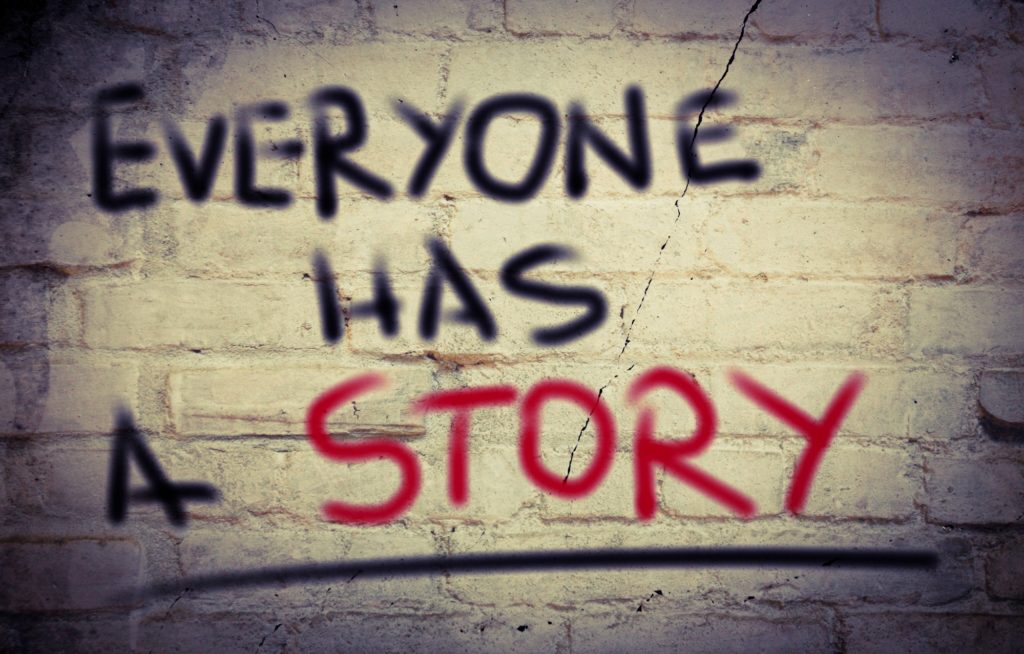
Some years back, a Columbia University professor conducted a study that produced some shocking results. In criminal cases, hungry and tired judges handed down sentences far stricter than when they were rested and well-fed. Specifically, as the author explained, “You are anywhere between two and six times as likely to be released if you’re one of the first three prisoners considered versus the last three prisoners considered.” Further, defendants were most likely to receive a positive result at the beginning of the day, when judges were presumably most rested and well-breakfasted. That 65% chance of a favorable ruling declined nearly to 0% just before lunch, with that rate spiking again after lunch and again declining toward the end of the day.
So, what does this have to do with admissions? Well, in my decade working with clients, I’ve noticed that most of the people I work with invest admissions officers with a nearly mythical ability to judge their worth and to do so precisely and objectively. Thus, these clients (and especially their parents) fear being denied admissions because they see it as an objective repudiation of their value as students and even as people. Moreover, there has developed an immense ecosystem of highly dubious “admissions Kremlinology” in which people parse out in highly detailed ways what precisely each school looks for and how exactly you must thread the needle to get in.
Frankly, it’s nearly all nonsense. There is no Oracle at Cambridge, Wizard of Wharton, or Grand Poobah of Palo Alto. What you have are mostly earnest and hardworking people -like the judges in the study- who are human and thus subject to human failings. Indeed, because admissions is much more opaque and subjective than the law, it’s far more susceptible to the individual mood swings and unknowable, unpredictable circumstances of the room where the AdCom sits. If we know that judges, who are trained in their very specific job and must deal with clearly delineated laws and rules, produce results that are often swayed by random external factors, why would we assume that admissions officers -for whom there are no real national standards and who make their decisions in secret and without review- would somehow have and deploy flawless objective processes?
Take my case. After being rejected the first time, when I applied to PhD programs the second time, I got into five programs that had denied me just a few years before (Yale, Columbia, Michigan, Harvard, Cal-Berkeley), even though my core metrics (grades and GRE) were unchanged. And, even though those programs were very highly ranked (#1, #3, #5, #2, and #7, respectively, at the time), I did not get into NYU, which was barely in the top 25. Why didn’t NYU take me? Maybe I didn’t fit their precise profile, maybe the program already had too many students in the area I was studying… or maybe my Admissions Reader assessed my application at 11am and was grumpy. Who knows?
So what do you do with this information if you’re an applicant? My purpose isn’t to suggest that you become overly cynical about the process or that you don’t put in the requisite effort because it’s all random. That would be as dumb as a lawyer deciding that all verdicts are purely a function of time and thus shows up to court unprepared. Instead, here are the five main takeaways:
1. Take the process seriously, but never view this as some grand assessment of your value as a person or a divine weighing of your soul. It’s not. It’s a group of people who don’t know you trying their best to figure out who gets in. Yes, work hard to earn your educational goals, but don’t let the stress of it overwhelm you.
2. If you don’t get admitted, don’t take it personally. Understand that the randomness of it all means that next year the exact same candidate could get in. That said, if you dis-invest yourself emotionally as much as possible from the process, you can objectively look at your application and work to figure out what you can do better next time. You can even ask the AdCom why you didn’t get in; they’ll often give you a sketch of why.
3. Try again. Once you understand that admissions isn’t perfect, and that one committee’s assessment of your application isn’t immutable, you should feel inspired to try again. Obviously, work to both assess your last application’s weaknesses and to add experiences that make you more attractive.
4. Don’t buy too much into hyper-specific assessments of schools and programs. There is an immense industry out there that sells school-specific guides, etc. These are, honestly, of very marginal value. Yes, you want to understand a school’s core strengths, but it’s often the case that I work with clients who are so focused on tailoring their essay to a school that they forget the basics of writing. Though obviously you want both, a fantastic and compelling essay that is perhaps imprecisely tailored to a school will be more effective than a clunky, boring, and poorly written essay that’s intended to hit all the supposed check-marks for a particular school. In other words, make sure you tell a compelling story first.
5. Stay out of online forums. There are so many forums in which people offer advice on how to get into a particular school. Beyond the fact that it can be hard to separate out good advice from knowledgeable people from nonsense spouted by forum cowboys, the bigger truth is that once you accept that admissions is so subjective and often so personal to the readers of an application, you recognize that it’s a fool’s errand to try to over-tailor your essay for a reader whose tastes you just know almost nothing about.
At Gurufi.com, we understand that admissions can be vexing, opaque, and confusing. One of the things that frustrates us, as people within this industry, is that so many people are selling jargon-filled nonsense to clients. We believe that the best approach is a simple one. We don’t talk about “finding your brand”; we focus on telling your story. We don’t help you build your essay by looking at your CV in one hand and the Harvard Admissions brochure in the other; we work to mine, deploy, and refine your most authentic and powerful stories because our experience is that when you get the basics of storytelling right, your personal statement will be far, far more powerful than had it been built on the advice you received on some “assess my chances” forum.
Finally, I know personally how hard it is to keep the admissions process in perspective. When you hit “send” on your application, you feel as though you are delivering all of your hopes and dreams into the hands of people you may never meet. And, especially for high-performing and intelligent people, the desire to understand -and thus exercise more control over- this process is understandable. But, to keep your head through this process, you have to hold two ideas that may seem in tension: 1) you have to do everything you can to make yourself a compelling candidate, and 2) you have to accept that there is randomness involved, and it may just come down to whether or not your readers had a healthy breakfast.
For questions, feel free to reach out to the author at fobi@fourthwrite.com. In the coming months, we’ll be adding free guides and courses to our Facebook page, so be sure to ‘like’ us there as well.


